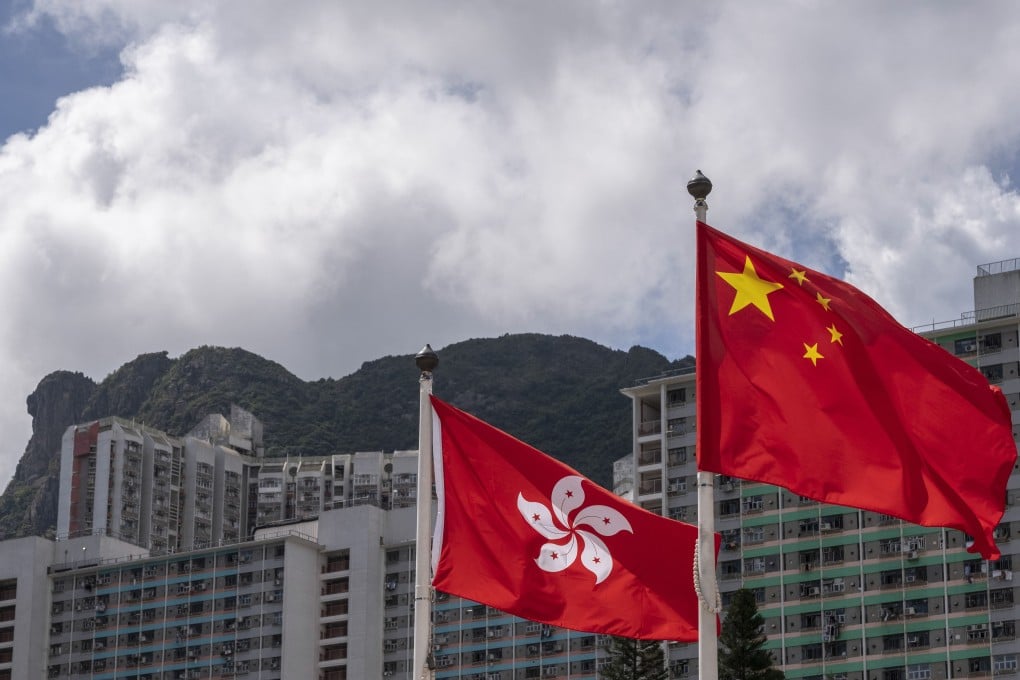Editorial | No compromise on checks and balances
- Sweeping electoral reforms announced by Beijing have far-reaching implications for Hong Kong, but an important principle enshrined in the Basic Law must be respected

Beijing’s determination to restrict Hong Kong’s governance in the hands of those it deems “patriotic” was made plain by the sweeping electoral reforms unveiled by the state’s legislative body on Friday. The changes have far-reaching implications for the city’s governance and political landscape.
While perceived threats to national security arising from “loopholes” that allow non-patriots to take up office are to be effectively met, it is important that checks and balances provided for under the Basic Law remain.
The options include adding another 300 seats to the 1,200-member Election Committee to choose the chief executive, with the 117 district council seats currently controlled by the opposition scrapped and replaced by other sectors. Separately, the Legislative Council will expand from 70 seats to 90, some of which will be returned by the Election Committee that will also oversee nominations for candidates.
The Legco polls, which had been delayed until September because of the Covid-19 pandemic, may be further postponed as a result, according to reports.

06:05
Two sessions: China’s parliament plans an overhaul of Hong Kong’s electoral system
The proposed changes are seen by many as a step back in democratic development and a deviation from the consensual approach to constitutional reform in the past. But Beijing clearly sees the need to strengthen national security and enforce its comprehensive jurisdiction in the wake of social unrest in 2019, which culminated in opposition lawmakers lobbying for foreign sanctions and plans to seize a majority in the legislature to advance political causes.
